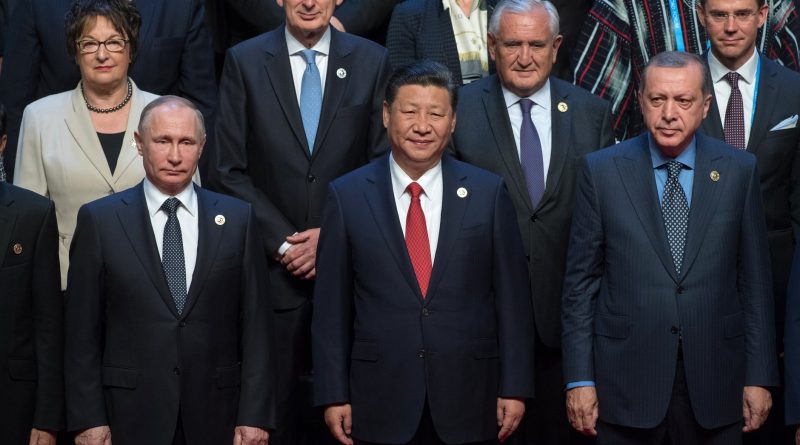China Continues to Gain International Notoriety through Belt and Road Initiative
Jungin Kim
Staff Writer
The One Belt One Road Initiative, supposedly “the project of the century,” is President Xi Jinping’s ambitious project that would increase Chinese influence over global economics. Though roughly 152 countries accepted investments to infrastructure developments, per Sky News, many countries have been cautious to proceed in recent days.
In Zambia, Vietnam, and most recently Kazakhstan, the OBOR has been the subject of much public disapproval. Despite Kazakhstan’s president Kassym-Jomart Tokayev stating that Kazakhstan would, “show greater tolerance of dissent,” protests that erupted in defiance of the Chinese-led OBOR projects were subsequently silenced by the local government, according to The Economist.
Many countries are worried about “debt-trap diplomacy,” and rightfully so. Sri Lanka’s Hambantota Port, which was built entirely on OBOR allocated funds, is now on a 99-year lease to China, per The New York Times. This is because Sri Lanka failed to pay back its debts. Many fear that multiple African countries are on the path to being ensnared into the same circumstances as Sri Lanka. Some see China’s expansion into Africa as neo-colonialism—a tell-tale sign of China’s dreams of regional hegemony. Although it is each country’s prerogative to decide whether or not to take part in the Belt and Road, potential partners should ensure that China is not simply preying on financial instability. But is China at fault for expanding its economic and political sphere of influence?
Due to the decisions of the Trump administration, the United States has seen a severe decline of influence in international politics. This renewed isolationist policy in the U.S. is naturally opening the door for another country to take up the helm as an international moderator. According to the Brookings Institute, China makes up 20 percent of global manufacturing, and exports $539.5 billion worth of goods to the U.S. China is already an economic behemoth, and America has allowed China to expand its political interests with little to no threat of international backlash.
Even with official statements from the Chinese government that the OBOR is strictly infrastructure projects, there have been findings that show the joint construction of military facilities in Pakistan, states Foreign Policy. Under the guise of the China-Pakistan Economic Corridor, it is a very poorly kept secret that China intends to expand its military influence.
Many western powers have publicly questioned China’s objectives; however, Beijing has consistently announced that the OBOR was strictly related to constructing infrastructure and improving relations with involved countries. Keeping in mind that China is set to nearly doubling its nuclear arsenal, according to a U.S. military intelligence assessment referenced in Time, the Mediterranean must be cautious and vigilant of what President Xi’s real intentions are for the OBOR Initiative.
The United States should seek to further improve relations with foreign countries. In 2013, President Barack Obama began the Power Africa project, which sought to bring renewable energy to African countries, especially in areas with barely any access to electricity. These kinds of projects bolstered relations between the U.S. and African countries involved in the project, and not only helped modernize Africa but created an international framework for countries and organizations alike to participate in the development of third-world countries.
It is imperative that the U.S. reopens dialogue with the outside world and reclaim its international standing. If the U.S. does not provide incentives to foreign countries to make deals with the U.S., China will slowly gain dominance over international markets, and can quite possibly take America’s spot as the world’s strongest economy in the near future. In addition, Chinese corporations are much more indifferent to corruption, environment, and labor laws; and quite frankly, the developing African countries are not so inclined to international standards when they are being presented with such large investments.
The west should attempt to take part in Africa’s infrastructure development, which has been rapidly growing and improving, not only because of the immediate and future economic gains for all parties involved, but to ensure that African countries are not being abused in the process by Chinese firms that may be taking advantage of poorer states.


